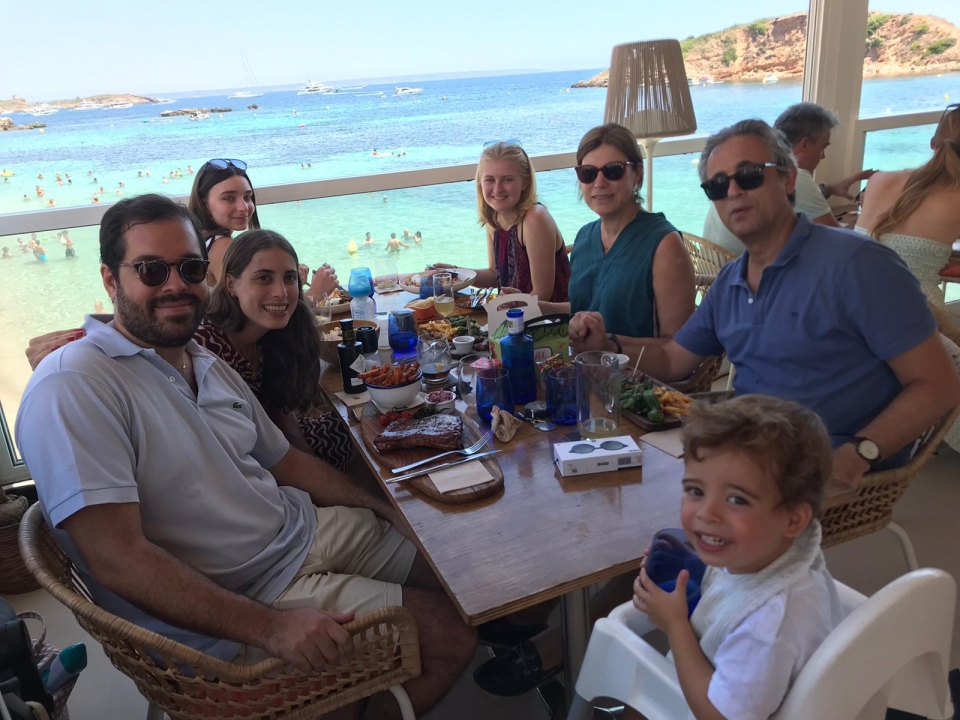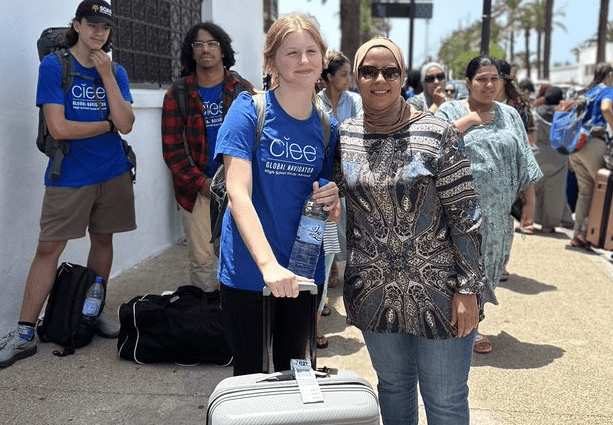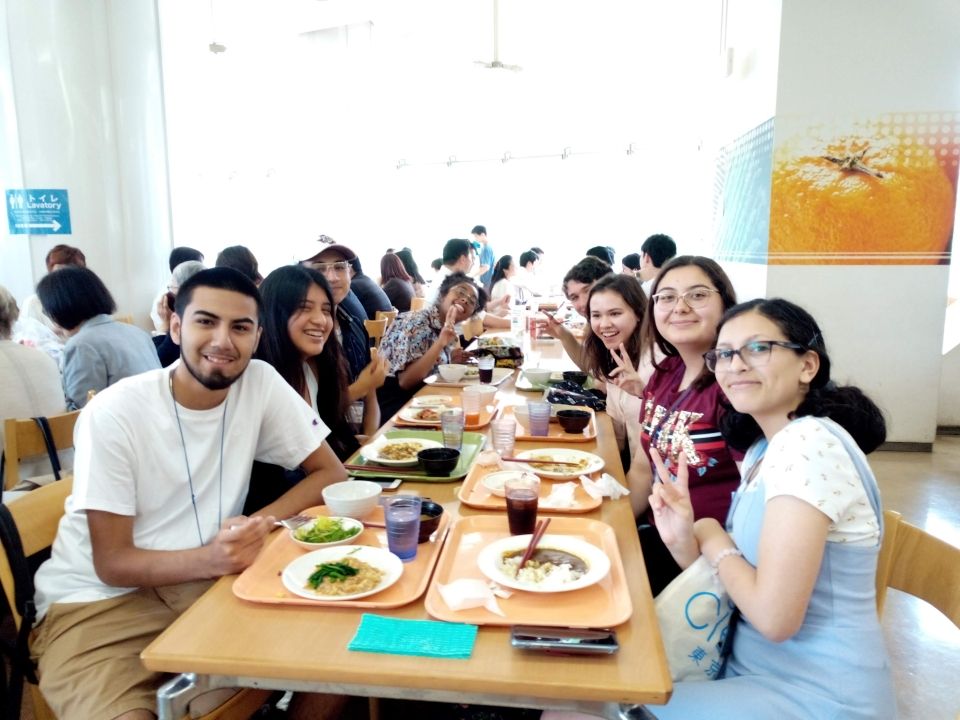7 Things to Know About High School Summer Abroad Housing
High school summer abroad is not just about teens broadening their horizons and exploring a topic in an exciting location.
It’s also about finding a temporary home away from home, interacting with locals and feeling connected with the culture of a new place.
Depending on their destination and program subject, participants will either live with a host family or in group housing (such as dorms, hostels or hotels with other Global Navigators and CIEE staff).
Here are 7 things you should know about our housing options on high school summer abroad programs.
1. Safety Is the Priority
When CIEE places participants with host families or in group housing, our main goal is to ensure that teenage participants are in a safe and secure environment.
Our host families are made up of adults that have the right motivation to host—supporting a young student in their learning journey and having an intercultural exchange.
In group housing accommodations, Program Leaders stay in the same housing to provide adult supervision and 24/7 support.

2. Host Families Go Through a Vetting Process
Before a new host family is selected to become part of the CIEE network of host families, our local CIEE staff (in the foreign country) complete an extensive and established vetting process.
This process includes a home visit, where our staff physically inspects the potential home for cleanliness, comfort and safety. This is a critical step in ensuring that living conditions align with CIEE standards.
Just as important is the interview with the host family where our staff gauges the commitment the family has toward providing an enriching experience for the participants.
What Are Host Families Like?
CIEE host families (also referred to as homestays) are as diverse as our participants! On program, participants may find themselves living with host families made up of:
- Single adults
- Couples
- Adult(s) with grown children who either live at home or do not live at home
- Adult(s) with young children, some of whom may split custody
- Older couples or younger couples with/without young children
No matter the family structure, they must all be excited to share their culture and lives with participants and have the capacity to provide a safe and comfortable environment.

3. Host Families Are Active in Our Participants’ Learning
CIEE host families are expected to actively participate in their host student's learning throughout the program.
In Language & Culture programs, where a host family is a core component of language immersion, host families are especially important.
As part of their lesson plan, participants are required to practice and apply vocabulary from the classroom during family interactions, such as breakfast, dinner, and family excursions. Host families are asked to stay in the target language throughout the entire program.
To learn more about host family life as a high school student abroad, check out our podcast episode on living with a host family.

4. There Are Rules!
During the program, participants must follow the high school summer abroad rules (such as curfew and checking in when asked) as well as the rules of their housing.
These rules are included in the program Terms and Conditions. Participants and their parents or legal guardians must sign during the application process).
Living with a host family, participants may be asked to follow household rules, like bedroom cleaning, electricity and water use, etc.
In group housing, the dorm, hostel or hotel could have rules around cleanliness and quiet hours.
5. Dietary Needs Are Accommodated
Participants are provided with 3 meals a day during program, and we consider the dietary information that participants share with us as a crucial factor in assigning housing placements.
To ensure that participants get placed according to their dietary needs, they must accurately complete the Health & Wellness task in their application before the program begins. This allows participants to specify any allergies or other relevant dietary information, helping us make appropriate placements.

6. Participants Must Adapt to Consuming Less Energy
We consume a lot of energy in the U.S. In general, an individual in the U.S. consumes about three and half times more than the global average.
This is due to a variety of reasons. One of which is that the cost of electricity (in Europe, for example, electricity rates are twice as much as the U.S.’s).
Participants will encounter homes, dorms, hotels and hostels that likely do not have A/C, that may keep the windows open until late and that may not keep the lights on all the time. In housing where there is no A/C, participants can ask for a fan.
This difference in how energy is consumed in other places around the world will likely be a big adjustment for participants during their stay!
7. Participants Know Their Host Family Placement One Week Before Program
In the week before starting their adventure, participants will receive their host family placements. It’s then that participants can reach out to their host family, address any questions they may have, and begin to form a connection with them.
Participants staying in group housing will also know details about their dorms, hostel or hotel in the week before program.

Whether living with a host family or in group housing with other high school summer abroad participants, teens will enjoy a well-rounded intercultural experience and explore a new setting from the inside out.
If you have any questions about housing on a high school summer abroad program, schedule a call with an Enrollment Coordinator in your area.

